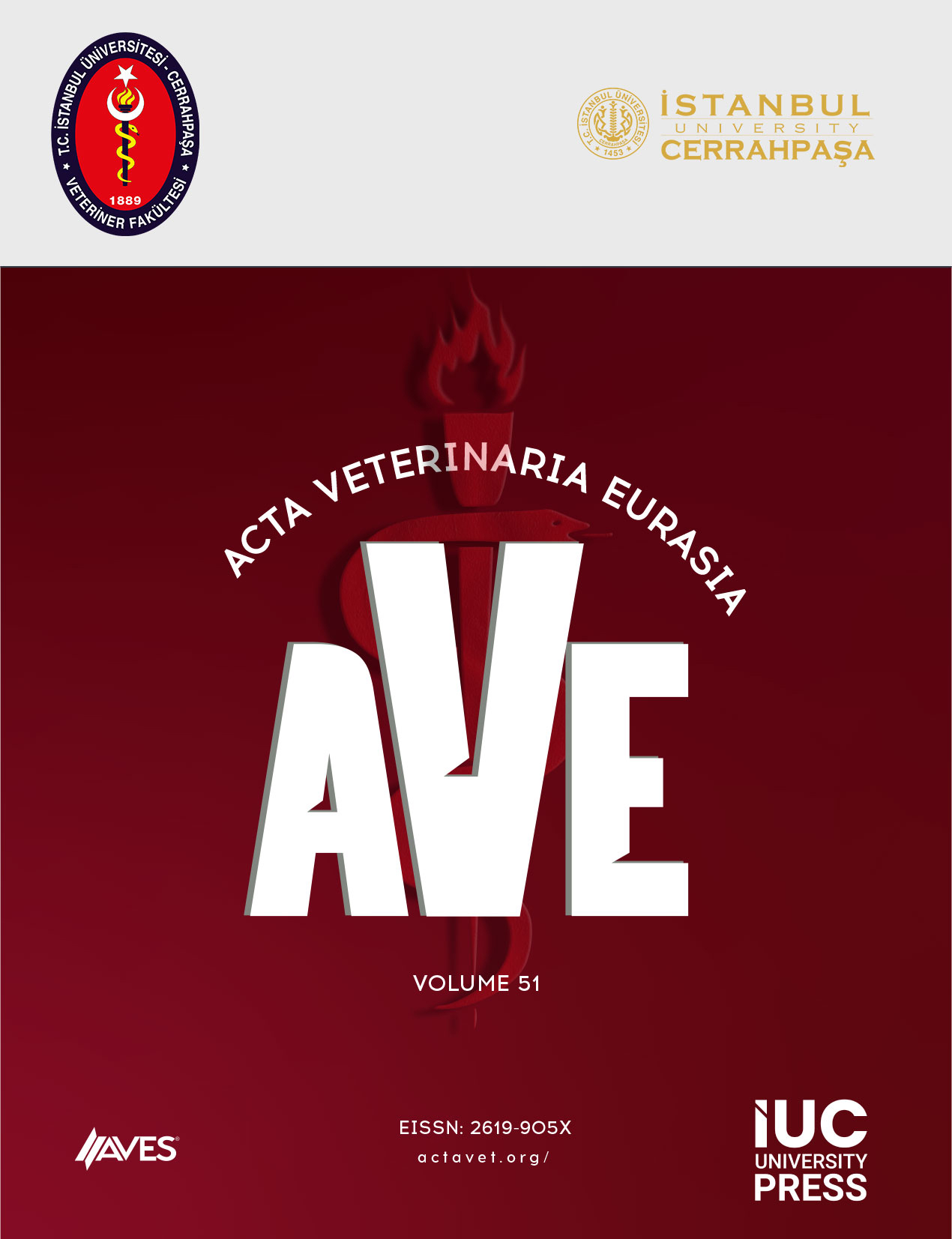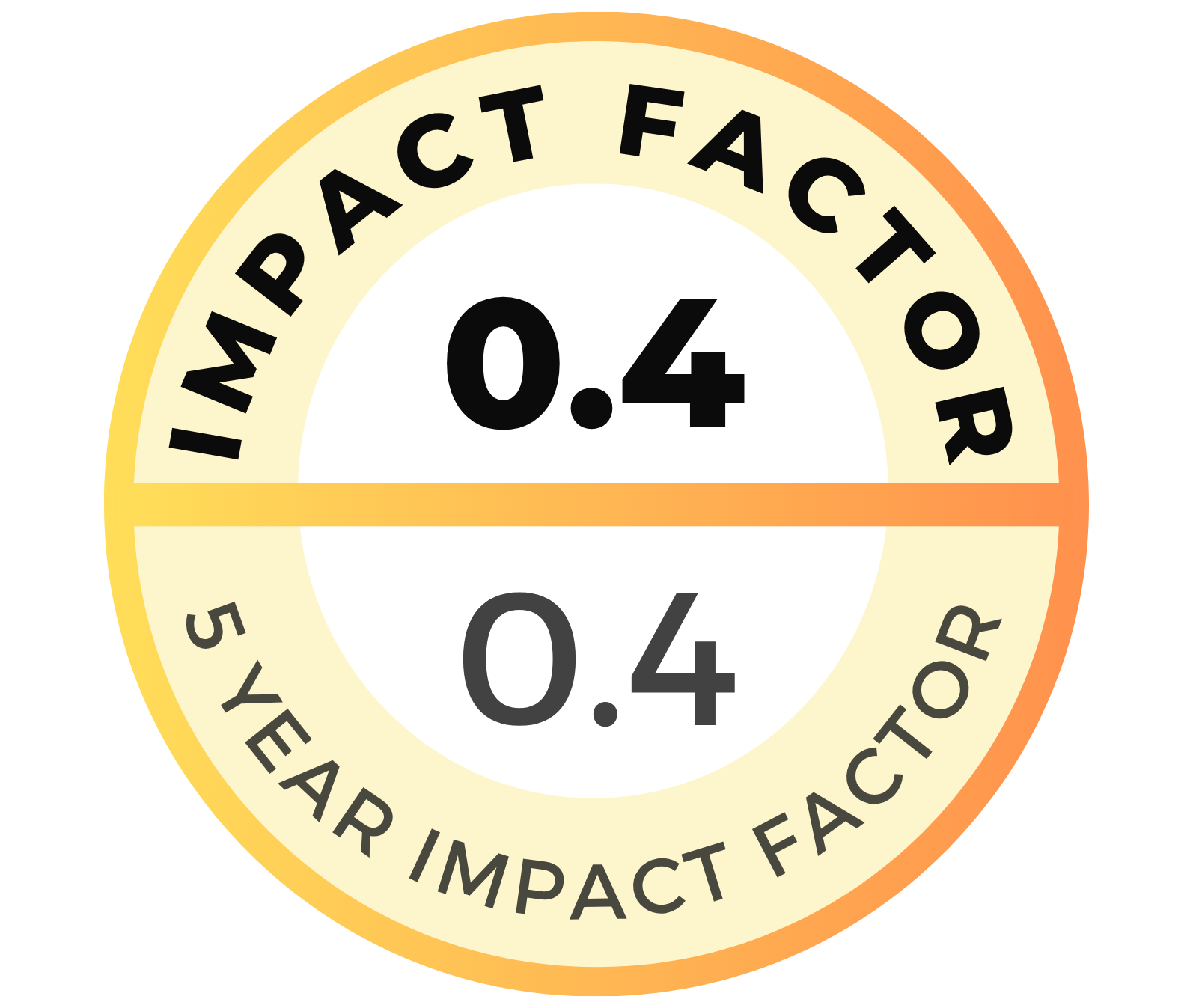This study aimed to evaluate the complications and the short-, medium-, and long-term outcomes following treatment of cranial cruciate ligament (CCL) rupture in dogs using the TTA rapid technique. The patients were ten dogs of various breeds, 54.9 ± 24.6 months of age, weighing 35.8 ± 5.6 kg, with unilateral CCL rupture. At 2, 6, 12, 24, and 52 weeks after surgery, the dogs were re-evaluated with clinical examination, gait and pain analysis, and radiography. A major complication was identified in one dog (10%), requiring internal fixation due to detachment and cranial shift of the tibial crest. Minor complications occurred in three dogs: one intraoperative (distal fissure of the tibial crest which healed without intervention) and two postoperative (one late meniscal injury and one case of seroma formation). The short-term outcome at two and six weeks postoperatively was considered good in seven dogs and satisfactory in three dogs, while the mid-term outcome (between 12 and 24 weeks) was good to excellent in nine dogs and satisfactory in one dog. All ten dogs had a good to excellent outcome 52 weeks after surgery. The use of TTA rapid offers an alternative for treatment of CCL insufficiency in dogs, with complication rates comparable to previously reported ones and a high degree of owner satisfaction.
Cite this article as: Roydev, R., & Goranov, N. (2021). Long-term clinical and goniometric follow-up of TTA rapid surgery in dogs with cranial cruciate ligament rupture. Acta Veterinaria Eurasia, 47, 154–160.





.png)